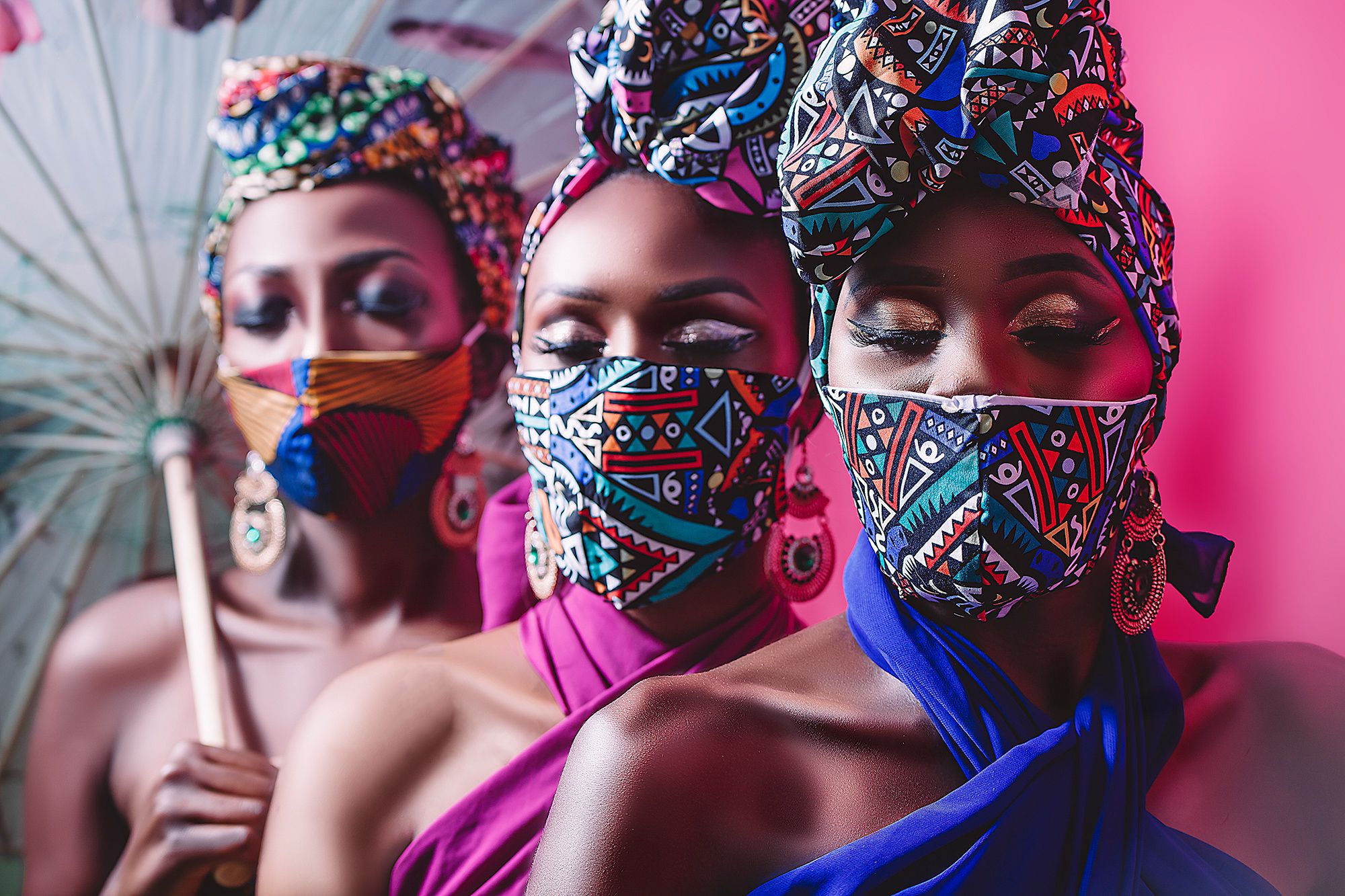1.8 Times More Vulnerable

Why Mass Vaccination is Key for Gender Equality
It was 6pm. Bathtime. Assetou, the neighbour's cleaning lady, chased after my neighbours’ children trying to wrangle them into the house. As she struggled with her bosses’ kids, I thought about her own. Assetou has a three-year old daughter. After leaving work, she would have to go home, make dinner, then feed and bathe her baby before bed time. I wondered where she got the strength. And the time.
Assetou hasn’t always been a cleaning lady. Recently widowed, she previously ran a small restaurant-bar commonly called "Maquis" in Côte d’Ivoire, which was doing quite well before the pandemic. But when Covid-19 struck, her night business, like so many others, was forced to close. To make ends meet, she found a job as a domestic worker. Many of her other maquis colleagues weren’t so lucky.
Undoubtedly, women have borne the brunt of this pandemic. As healthcare workers, caregivers and front line workers, they have faced greater exposure to the virus. As workers, they have been uniquely affected by economic disruption. According to McKinsey, women’s jobs were 1.8 times more vulnerable to this crisis than men’s jobs. Women make up 39 per cent of global employment but account for 54 per cent of overall job losses. In Africa, women make up 90% of the informal sector, which consists of jobs that, already considered vulnerable employment, were at particularly high risk during the pandemic.
One reason for the disparity in the economic effects of the pandemic on women versus men is that COVID-19 significantly increased the burden of unpaid care, which is disproportionately carried by women. This, among other factors, means that women’s employment dropped faster than average, even accounting for the fact that women and men work in different sectors.
Today, the world has access to vaccines that can save lives and help us get on the road to economic recovery. The other benefit is that it will enable us to get back on a path towards economic equality. Mass vaccinations are not just the only way to fully reopen schools, businesses, and economies. They’re the only way to get girls and women back into those spaces—for good.
This article is part of a series on vaccination in Africa brought to you by Africa CDC in partnership with the Mastercard Foundation under their Saving Lives and Livelihoods initiative—a $1.3 billion partnership that is enabling access to COVID-19 vaccinations, and long term health security, for Africa.
